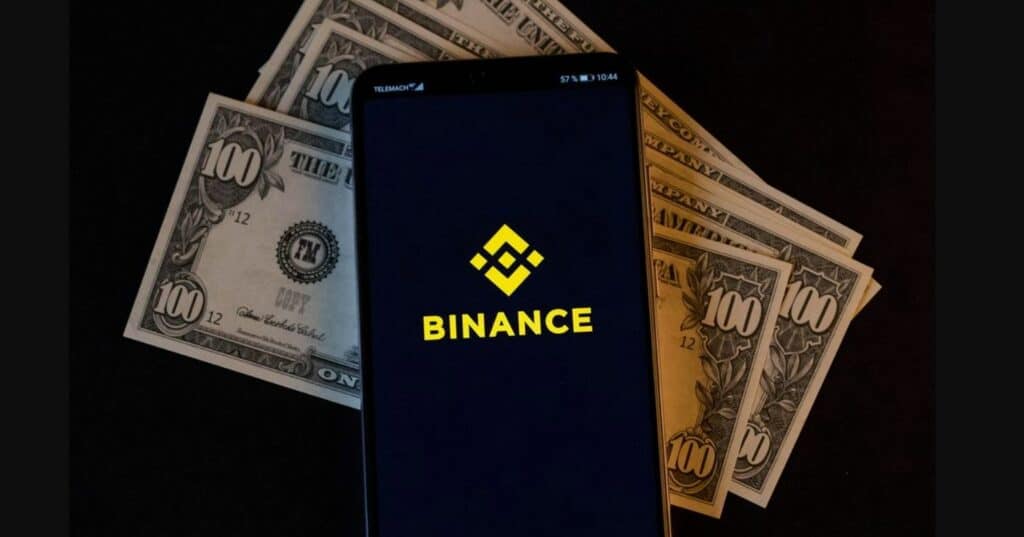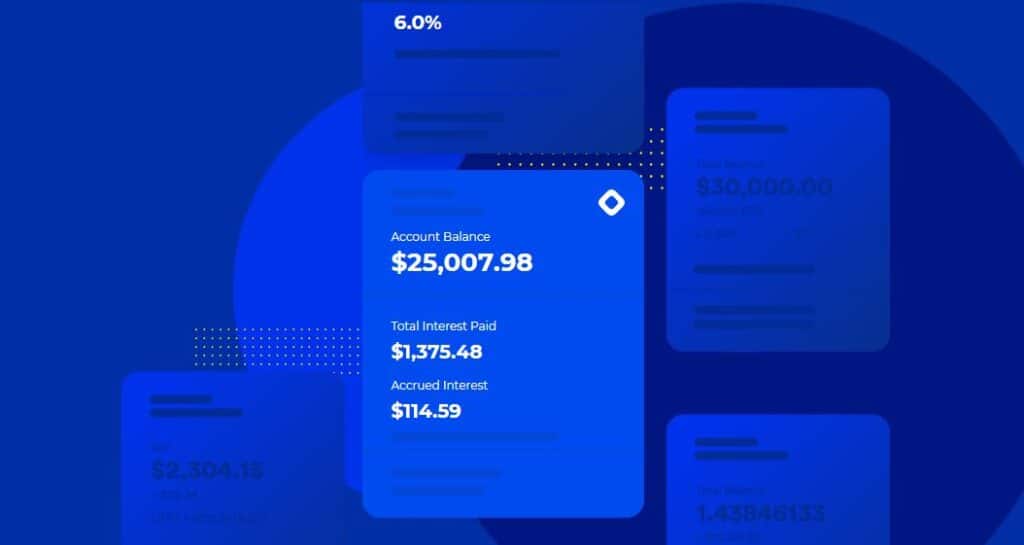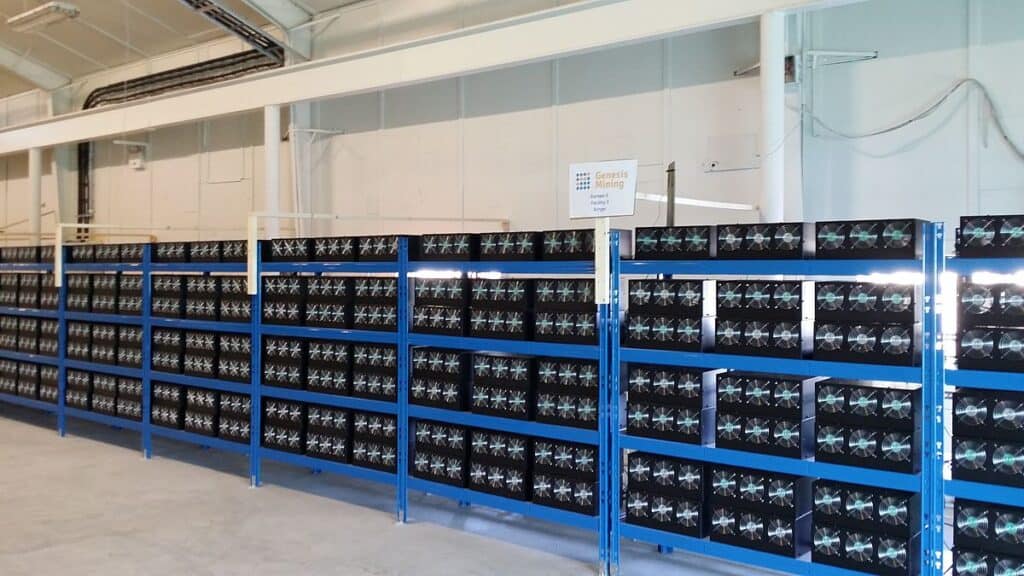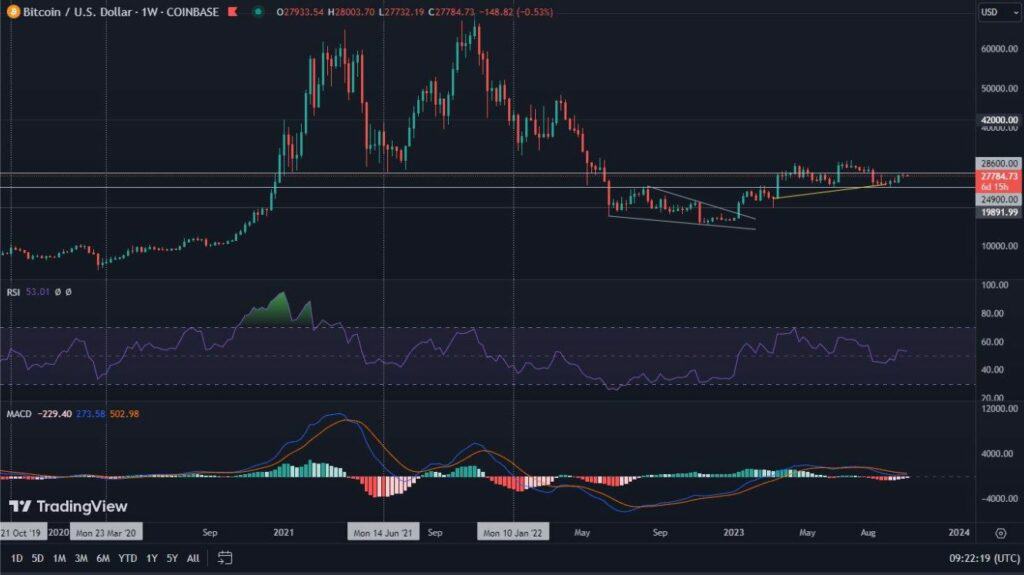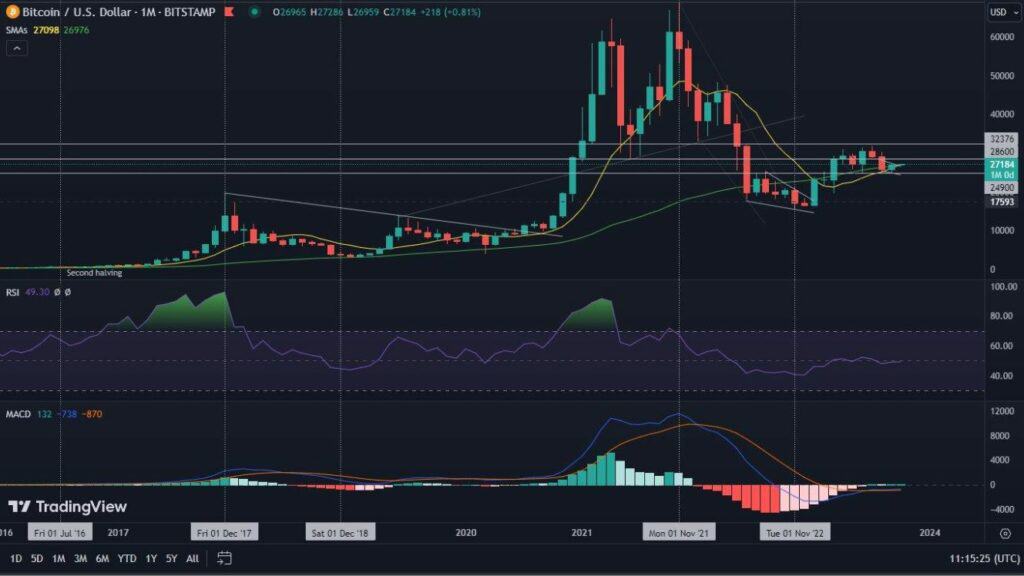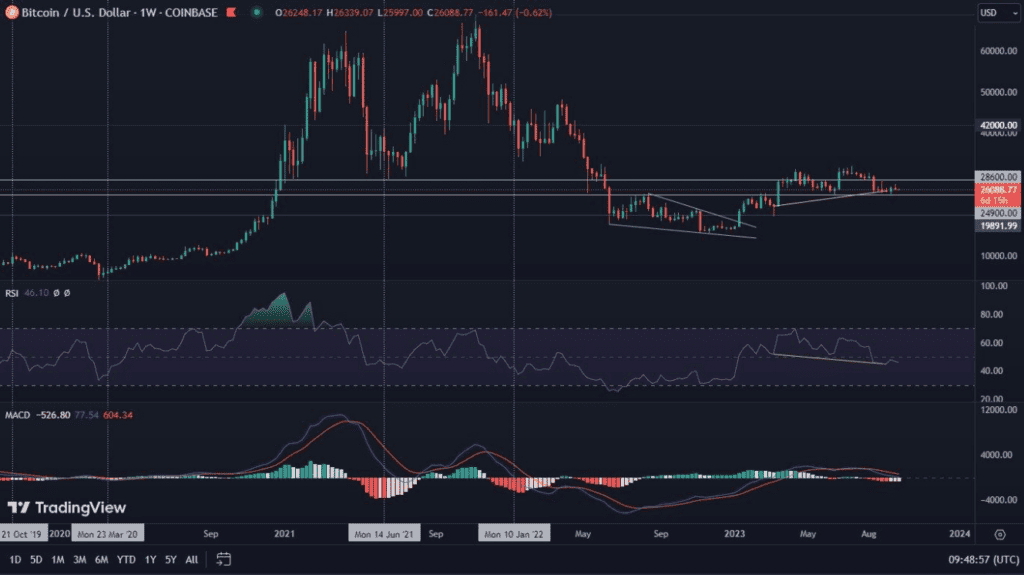While many analysts and XRP supporters anxiously await the conclusion of the SEC vs. Ripple trial, the U.S. regulator is filing another motion before the court. This time it is a supplemental pleading, aimed at weakening the Silicon Valley company’s line of defense.
SEC not giving up
The U.S. Securities and Exchange Commission, in an April 11 letter, describes its earlier action against Commonwealth Equity Services. According to the SEC, the company violated the Investment Advisers Act of 1940 by concealing conflicts of interest.
The SEC reports that the court in Commonwealth’s case rejected the firm’s defense that the regulator had failed to provide it with fair notice of disclosure obligations. An excerpt from the SEC’s supplemental letter reads that the court in the Commonwealth case found that the defendant received fair notice of disclosure obligations consistent with 50 years of Supreme Court precedent.
Accordingly, the SEC highlights three reasons why Ripple’s fair notice defense should be rejected.
SEC’s arguments against Ripple
At the outset, the SEC stresses that the decision in Commonwealth, which considers previous Supreme Court rulings sufficient to ensure fair notice, coincides with its position in the Ripple case. The SEC says Ripple received adequate notice, which was issued based on the outcome of the Howey Test.
In addition, the Commonwealth’s decision is part of “an unbroken string of lower court decisions rejecting defenses based on the concept of fair notice in summary trials.”
Ultimately, the court there rejected the defendant’s defense of fair notice, despite evidence showing that the SEC had been aware of the practice in question for more than two decades.
Ripple defends its position
The SEC’s response came more than a month after an additional letter from Ripple, in which the blockchain company continued to defend itself against allegations of lack of fair notice in their dispute with the SEC. In the context of the lack of clear guidelines for the cryptocurrency market in the US, Ripple argued that it was unable to foresee its regulatory violation.
The Silicon Valley company cited the example of the Supreme Court decision in Bittner v. US, where two judges invoked the rule of lenity. The rule says that in situations where there are no clear guidelines, a ruling should be made in favor of the accused. However, the SEC argued that the rule did not apply to the XRP issuer, as it only applied to criminal proceedings, not civil ones.
The regulator further noted that the rule of lenity does not absolve Ripple from liability for non-compliance, even if the lack of clear guidelines would have been the cause of the violation.




